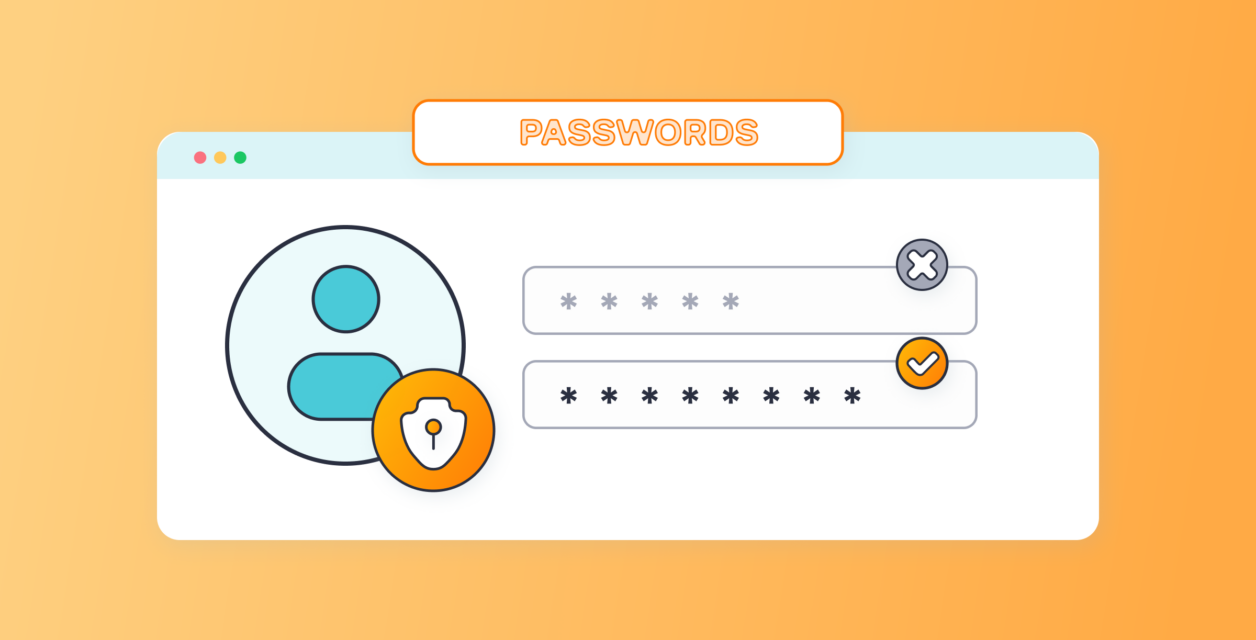Every year has its share of cyber disasters, but 2025 feels like it has taken things to a new level. This year’s headlines have been full of security failures that were not the result of complicated zero-day exploits, but rather simple oversights and human errors.
Here is a look at three major breaches from this year and what they teach us about protecting our online accounts. Along the way, I will share how LLAR helps you close these exact gaps before they turn into front-page news.
16 Billion Logins Found in the Wild
Earlier this summer, researchers at Cybernews revealed that a staggering 16 billion login credentials had surfaced online. This was not one single breach, but a combination of about thirty datasets collected by infostealer malware, which quietly steals usernames, passwords, cookies, and other session data from infected devices.
While many of the records likely overlap, the sheer size and freshness of the haul make it extremely dangerous. Criminals can use these credentials for identity theft, phishing campaigns, and large-scale credential stuffing attacks. Experts have called it a "blueprint for mass exploitation."
How LLAR helps: When credentials are already circulating online, the only safe option is to know about it fast. LLAR’s IP intelligence detects exposures early, prompts immediate password resets, and pairs that with mandatory multi-factor authentication so that even stolen passwords are useless without the second layer of security.
“123456” at the Center of a Corporate Data Leak
One of the most shocking incidents of the year came from a third-party AI recruitment tool called McHire, used by the majority of McDonald’s franchises. Researchers Ian Carroll and Sam Curry found that the admin username and password were both set to 123456.
After logging in, they uncovered another flaw that gave them access to personal information from around 64 million job applications. While the vendor patched the issue within hours, it highlighted just how dangerous forgotten accounts and default credentials can be.
How LLAR helps: Third-party tools and integrations are often the weakest points in a company’s security chain. LLAR’s Company Security Checklist reviews every external service you use, ensures old accounts are closed, default credentials are changed, and penetration tests are conducted regularly to spot vulnerabilities before an attacker does.
A 158-Year-Old Company Shut Down by One Weak Password
The story of KNP Logistics is both devastating and preventable. The UK-based transport business, previously known as Knights of Old, had been operating for over a century and a half. That ended when the Akira ransomware gang guessed a weak employee password, gained access to the network, and encrypted critical systems.
The ransom demand was in the millions. Unable to recover, the company collapsed within weeks, resulting in the loss of around 700 jobs. There was no advanced hacking technique involved. Just one poor password choice.
How LLAR helps: People are usually the first line of defense, but also the weakest. LLAR’s Login Firewall uses IP data from active attacks across the globe to block attempts before they even happen. Even if a weak password is used, LLAR can significantly reduce multiple login attempts giving hackers a limited window to succeed.
The Common Thread
Across these three incidents, the root cause is not sophisticated malware or nation-state hackers. It is weak, reused, or exposed passwords. The first breach was about stolen credentials being sold or traded online. The second was about leaving default passwords in place. The third was about a password that could be guessed without much effort.
In each case, the attack could have been stopped by simple steps that LLAR enforces by default.
| Risk | LLAR Solution |
|---|---|
| Credentials leaked online | Login form protection via LLAR's robust Login Firewall |
| Third-party vendor with poor password security | Vendor risk audits and credential rotation policies |
| Employee using a guessable password | Password policy enforcement and real-time protection to prevent excessive login attempts |
The LLAR Difference
LLAR is built on the belief that security should not be overly complicated or disruptive. Our services focus on closing the most common attack paths quickly and efficiently.
We monitor for suspicious login attempts and use global IP data to prevent brute force attacks. Most importantly, we help build a culture where security is second nature, not an afterthought.
Final Thoughts
This year’s breaches are a reminder that you do not have to be a billion-dollar company to become a target, nor does an attack need to be sophisticated to cause major damage.
From 16 billion stolen logins, to a default password unlocking millions of personal records, to a single weak password closing a 158-year-old company, the lesson is clear: the simplest security lapses are often the most costly.
With LLAR, you are not just buying a tool. You are getting a partner that constantly scans for the threats making headlines and the ones that never will because we stopped them before they started.



